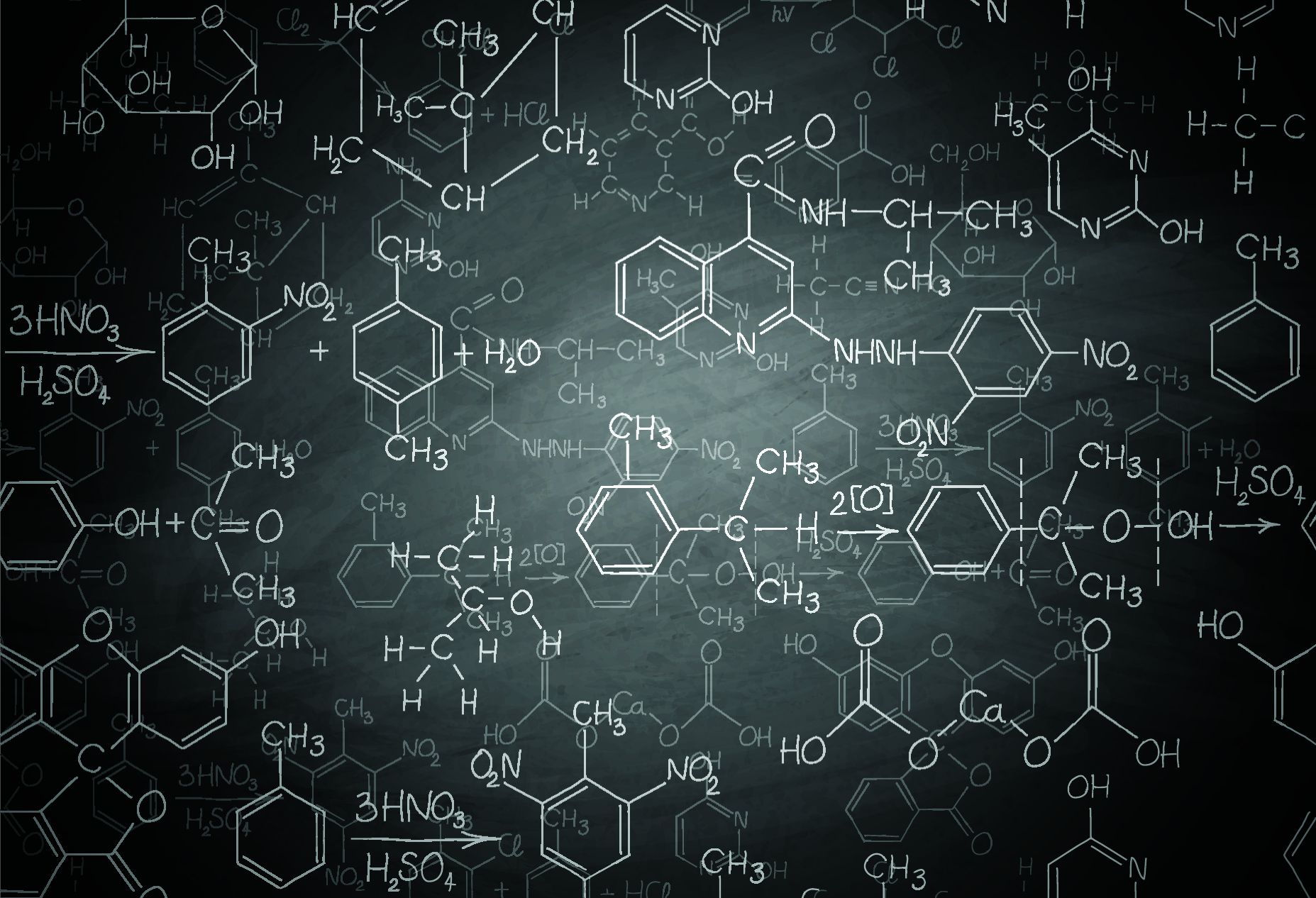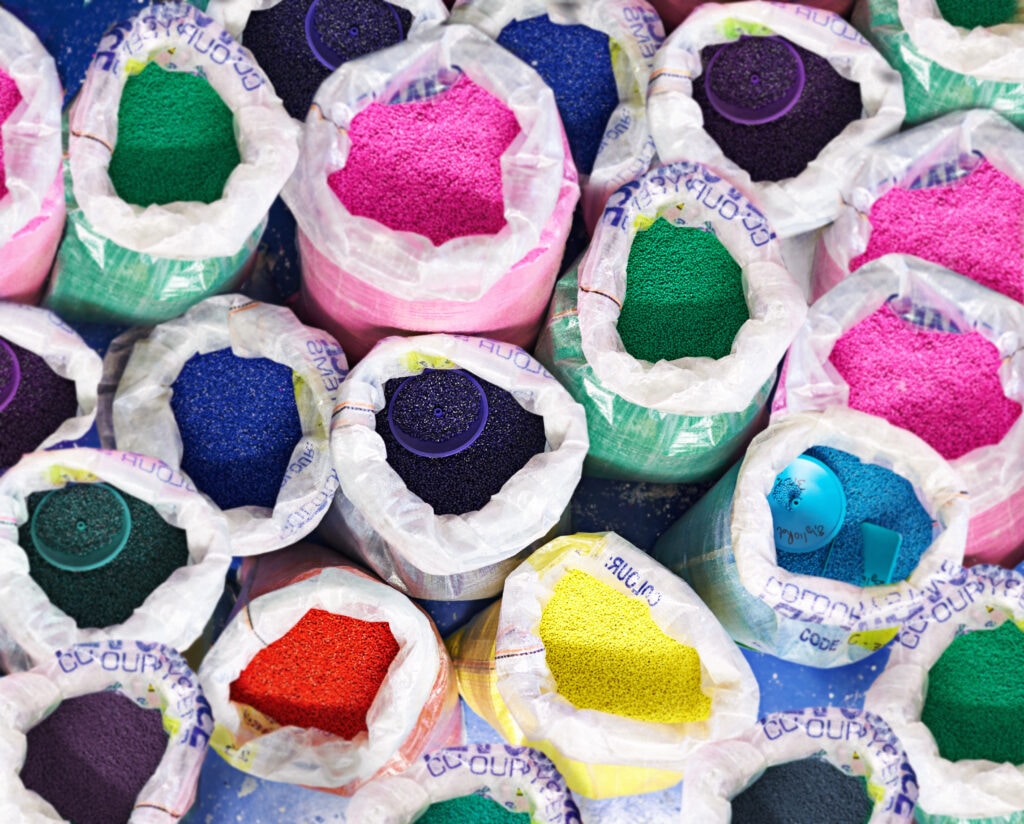
Polymer Characterization
Plastic Testing & Plastic Analysis
Plastics are part of everything we do and are in the cars we drive, our computers at work, our phones in our pocket, our kids’ toys at home, and most likely the clothes you have on right now. It’s crucial to predict how plastics will behave under a wide variety of circumstances and our plastic testing and analysis services do just that.
Why Us
You’ll receive technical guidance from a designated scientific professional from your first point of contact and through the duration of your testing. We’ll help you:
- Identify the characteristics, properties and flaws of your polymer resin
- Consult with us to determine the appropriate analytical method for your polymer
- Avoid unnecessary costs and unintended consequences for your critical projects and product
SGS PSI has decades of experience solving complex challenges involving plastics. Our labs are ISO 17025 accredited and FDA Registered.
Approaches
- Aging Studies for Plastics
- Analyzing Additives within Plastics
- FTIR or NMR
- Headspace Gas Chromatography
- Residual Monomer Analysis
- Residual Solvent Analysis
- Phthalates Analysis
- RoHS Testing
- HPLC
- LCMS
- Molecular Weight Analysis
- Deformulation Testing
- Embrittlement Testing
- Extractables & Leachables
- Polymer Structural Analysis
- Microscopy Techniques
- Plastic Contamination Analysis
- SEM/EDS

Experience
Our extraordinary team of expert scientists has extensive experience with characterizing plastics and polymers used in a wide array of applications.
We’ve served numerous industries and rigorously tested an wide range of plastic products. While we can’t list them all, here’s a short list of our experience:
- Analysis of competitor plastics
- Medical devices and implants
- Medical packaging
- Food packaging
- Plastic formulation
- Injection molding setup
- Plastic certification
Plastic testing and plastic analysis are necessary steps in designing and manufacturing plastic products and products that contain plastic components. There are many reasons people need testing and analysis of plastic samples, such as:
- Characterizing plastic products before scaling-up production
- Regulatory testing for health and safety
- Testing for strength, flexibility, durability and chemical resistance
- Testing to determine why plastic materials and plastic products have failed
- Analyzing products to determine what the plastic is made of
- Testing food packaging to make sure it meets federal regulations
World-leading Instrumentation
Our labs are equipped with world-leading instrumentation to ensure that we detect, measure and test your materials with the highest degree of accuracy. Any of the following approaches can be used to test your polymer, plastic, and rubber materials.
Chromatographic Analysis to determine individual components in your polymer, for example additives, solvents, and residual monomers.
Spectroscopic Analysis to characterize the polymer itself for general identification but also monomer ratios for copolymers and screening for metals.
Microscopic Analysis provides information about surfaces of polymer and is commonly used in failure analysis and foreign particle identification.
Physical Testing provides data related to the tensile, flex, compression, and impact properties of polymers as received, after aging, or even after chemical exposure.
Wet Chemistry or applied chemistry, covers a large variety of testing techniques such as titrations and are often a necessary part of a more complex testing plan.
Thermal Analysis methods determine temperature dependent properties such as the melting point, glass transition temperature, and viscosity.
Sample Considerations
For many clients, the sample that’s submitted is the actual product or the portion of the product that contains the plastic. We are as frugal with the sample as the technique will allow.
The type of test used will determine the required sample size, we recommend you Contact an expert to discuss sample considerations specific to your testing needs.
